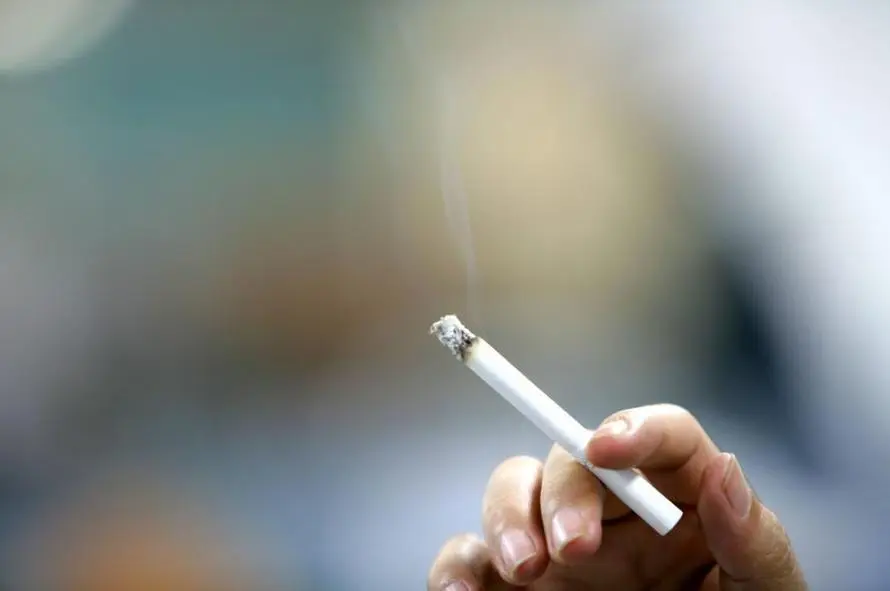
24 Dec Acne and Smoking: Understanding the Risks
Introduction
Embarking on the quest for clear and healthy skin often involves navigating a complex interplay of factors that contribute to various skin issues. Among the multitude of influences, one relatively overlooked yet impactful element is the relationship between acne and smoking. In this comprehensive exploration, we delve into the intricate connection between these two phenomena, shedding light on the risks associated with smoking and its potential impact on skin health.
The Complex Nature of Acne
1. Unraveling the Causes of Acne
a. Understanding Acne Formation
To comprehend the implications of smoking on acne, it’s crucial to first grasp the biological processes that lead to acne development. These processes involve factors such as excess oil production, the accumulation of dead skin cells, and inflammation.
b. The Role of Lifestyle Choices
Lifestyle choices play a significant role in influencing acne. This sets the stage for a closer examination of how smoking, as a lifestyle choice, might impact skin health.
Acne and Smoking: What the Research Reveals
1. Scientific Insights into Acne and Smoking
a. Studies on Smoking and Acne
Notable studies have investigated the correlation between smoking and acne. These studies provide a foundation for evidence-based insights into how smoking influences skin health.
b. Nicotine and Its Effects on Skin
An exploration of nicotine, a major component in tobacco, and how it may influence the skin’s physiology. Understanding these effects is crucial in comprehending the relationship between smoking and acne.
The Risks of Smoking for Skin Health
1. Increased Sebum Production
a. Linking Smoking to Excess Oil
Smoking may stimulate the production of sebum, the skin’s natural oil. This excess oil production can lead to a potential increase in acne lesions.
b. Cigarette Smoke and Pore Clogging
Cigarette smoke contains components that can clog pores, creating an environment conducive to the development of acne. Understanding this link is pivotal in assessing the risks associated with smoking and acne.
2. Inflammatory Responses and Acne Flare-Ups
a. Smoking-Induced Inflammation
Smoking can trigger inflammatory responses in the body. This inflammation may exacerbate existing acne and contribute to more severe flare-ups.
b. Implications for Acne Severity
Exploring the potential impact of smoking on the severity of acne, with a focus on the role of inflammation in the development and persistence of acne lesions.
Smoking Cessation and Skin Improvement
1. Positive Changes After Quitting Smoking
a. Studies on Smoking Cessation and Skin Health
Overview of studies highlighting the positive changes observed in the skin after individuals quit smoking. This section provides hope for those seeking clearer skin.
b. Timeline of Skin Improvement
Guidance on the expected timeline for improvements in skin health after quitting smoking. Understanding these timelines can serve as motivation for individuals considering smoking cessation.
Adopting a Skincare Routine for Smokers
1. Tailoring Skincare for Smokers
a. Choosing Products for Smoker’s Skin
Recommendations for skincare products that may benefit individuals who smoke, addressing specific concerns such as excess oil and inflammation. These products can aid in mitigating the potential negative effects of smoking on the skin.
b. Incorporating Antioxidants
The role of antioxidants in combating the oxidative stress induced by smoking. Antioxidants can play a crucial role in protecting the skin and mitigating some of the negative effects associated with smoking.
Lifestyle Changes for Clearer Skin
1. Holistic Approaches to Combat Acne
a. Healthy Diet and Hydration
Maintaining a healthy diet and staying hydrated are fundamental in supporting overall skin health. These practices complement efforts to combat acne associated with smoking.
b. Stress Management Techniques
Exploring stress management practices, as stress can compound the negative effects of smoking on skin health and contribute to acne. Holistic stress management is crucial for maintaining clear skin.
Seeking Professional Guidance
1. Dermatologist Consultation for Smokers
a. When to Consult a Dermatologist
Indications for seeking professional advice from a dermatologist, especially for smokers experiencing persistent or severe acne issues. Professional guidance is essential for a comprehensive approach to treatment.
b. Professional Treatments for Smokers
Insight into the potential professional treatments available for smokers dealing with acne. This may range from topical therapies to more advanced interventions, providing tailored solutions for skin concerns.
Conclusion: Navigating the Intersection of Acne and Smoking
In conclusion, understanding the risks associated with the interplay of acne and smoking is essential for individuals seeking to achieve clearer and healthier skin. While the relationship between smoking and acne is complex, evidence suggests that quitting smoking can lead to positive changes in skin health. By adopting a tailored skincare routine, making lifestyle adjustments, and seeking professional guidance when needed, individuals can navigate the intersection of acne and smoking. This comprehensive approach allows them to embark on a journey towards clearer and more radiant skin, regaining confidence, and embracing a healthier lifestyle.

